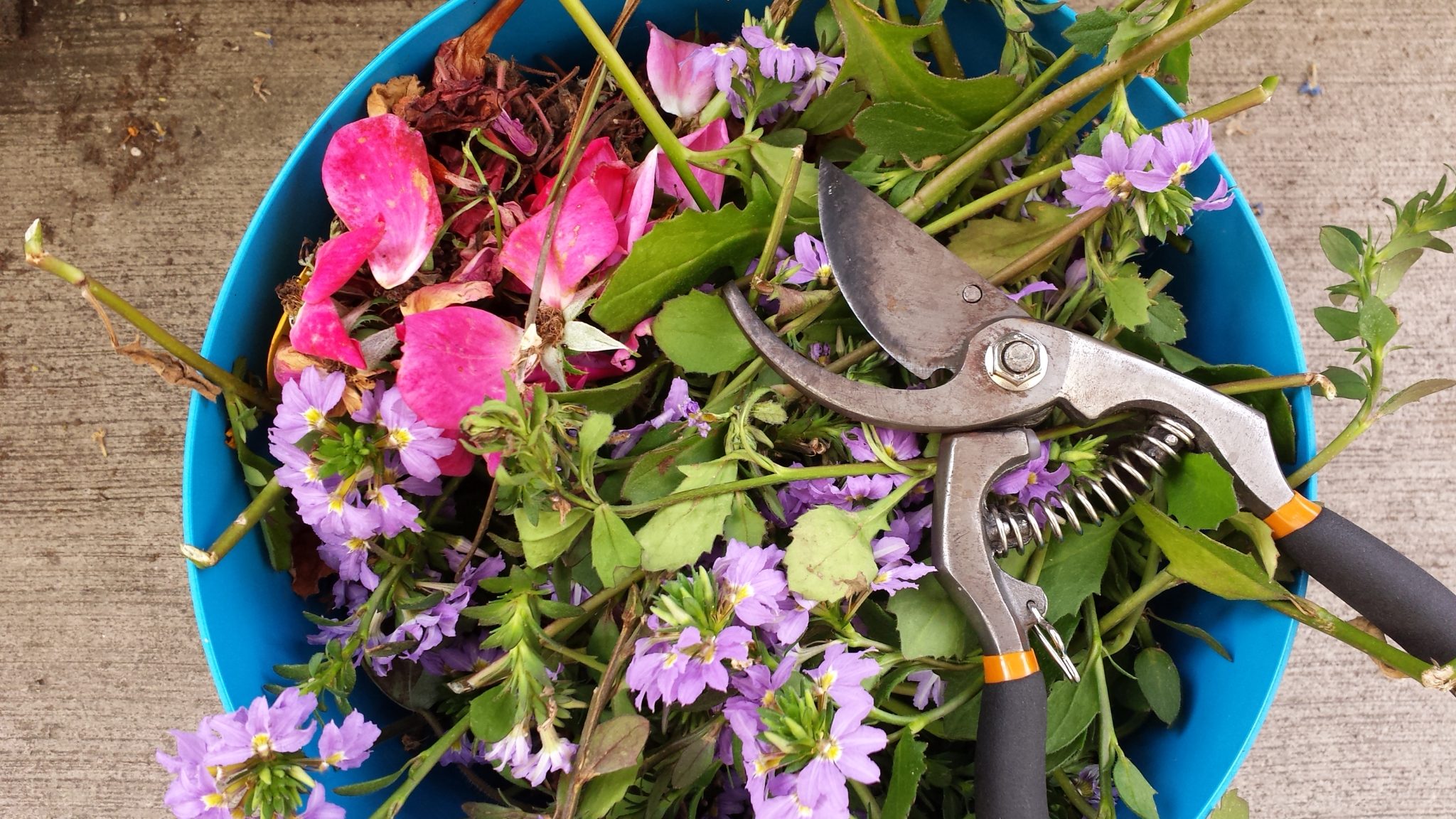No matter what time of year it is, there’s nothing like getting your hands in the dirt and growing your own food. But before you start planting, there are a few things you need to know to ensure a successful garden. It’s important to consider climate, soil quality, and what you plan to grow in order to make your garden flourish. Here are the top things you need to know before planting your garden.
1. Hydroponic Systems
Hydroponic systems allow you to grow plants without soil, using a nutrient-rich water solution. While hydroponic gardening requires the right setup and knowledge of plant needs, it can be a great way to boost production and reduce labor. There are different types of hydroponics, and each one has its own specific needs. Additionally, using hydroponics can help balance out the temperature in a garden, as well as conserve water. If you’re looking to try this method of gardening, just make sure you understand the principles involved before getting started.
2. Climate and Location
Consider your local climate, the amount of direct sunlight, and other environmental factors when deciding where to plant your garden. The location you choose needs to have adequate sun exposure and be sheltered from harsh winds. Make sure it has good soil drainage—if not, consider building raised beds on top of the existing ground. You may also want to consider accessibility: Is the site close enough that you can easily tend to it? While you may be tempted to put your garden in the prettiest corner of your yard, make sure it’s a practical location too.
3. Soil Quality Matters
Good soil quality is essential to the success of your garden. The ideal soil has a balanced combination of sand, clay, and organic matter, as well as good drainage and aeration. If your soil doesn’t have these qualities, you can always amend it with compost or other materials. When testing your soil for pH levels, look for one that’s between 6.0 and 7.0; this range will enable most plants to grow healthy and strong. Finally, if the quality of your soil isn’t up to par, consider raised beds or container gardening instead. This way, you can control what goes into the soil from the beginning, so you don’t have any surprises down the line!
4. Choose the Right Plants
You don’t have to have a green thumb to grow your own garden, but you do need to choose the right plants for your climate. Do some research into what flowers and vegetables will thrive in your area – and consider the amount of sunlight available as well. There are even certain plants that require very specific conditions so it is important to familiarize yourself with the ideal environment for each variety before adding them to your plot. When selecting seeds, go for organic varieties whenever possible – not only are they healthier, but they can also help attract beneficial insects like bees, butterflies, and other pollinators, which help make sure that your garden grows strong and healthy.
5. Know Your Water Needs
Some plants, such as cacti, succulents, and drought-tolerant perennials, require very little water, while others, like tomatoes, peppers, and squash, need more frequent watering. This can be a tricky balancing act since you don’t want to give too much or too little water to your plants. It also helps to think about the type of soil you have since different types of soil retain moisture differently. If possible, try installing irrigation systems such as drip lines or soaker hoses that will help deliver just the right amount of water your garden needs.
6. Maintenance is Key
Once you have your garden established and growing, there are some important aspects of maintenance that you need to think about. This includes regularly weeding the area, pruning plants as needed, and keeping plants properly watered. Additionally, you will want to check for pests or diseases that can hurt your garden’s health. It is also essential to fertilize if needed and monitor soil pH levels to ensure your plants are getting all the nutrients that they need. Taking care of these tasks every week or two will ensure that your garden keeps thriving over time.
Getting a garden off the ground can take some time and effort – but it’s worth it! With the right planning, preparation, and maintenance, you can create a beautiful and bountiful garden that will provide endless enjoyment. By addressing each of these key elements before planting your garden, you will be well on your way to becoming an expert gardener in no time.


